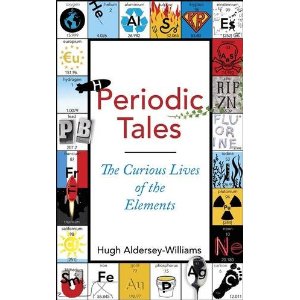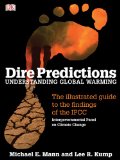Psychologically active drugs may be the least rationally regulated part of our society, with one dangerous and addictive drug advertised and available everywhere (alcohol) and only nudges to disocurage the use of another that kills five million people a year globally (tobacco). Meanwhile, police forces and court systems around the world tie themselves up with investigating, processing, and incarcerating people who own or sell small quantities of much less dangerous substances.
David Nutt was appointed as chairman of the British Advisory Council on the Misuse of Drugs in 2008: an expert panel intended to provide non-partisan advice on drugs to the government. He was fired in 2009 after pointing out that the chances of getting hurt from an hour of horseback riding are about 30 times greater than the odds of dying from taking a pill of MDMA (ecstasy). His book Drugs Without the Hot Air: Minimising the Harms of Legal and Illegal Drugs covers some extremely interesting ground in a convincing and well-argued way.
Nutt describes how policy-making in the area of drugs is often driven by a combination of media-enhanced hysteria and an effort on the part of politicians to seem ‘tough’ on the issue. He categorizes many of the harms that result from this, ranging from criminal records acquired by youth (which harm their lives much more than drugs) to harsh restrictions on the availability of painkillers around the world, leaving many with terminal illnesses to die in a great deal of pain.
Nutt also provides a nuanced and interesting description of the nature of addiction, distinguishing between people who rely on steady access to a drug to control and underlying condition (as diabetics use insulin) and those whose use of a drug has been sufficient to give them harsh withdrawal symptoms when they stop using it, which in turn drives them into a cycle of continuous use. Nutt argues that treating addicts as criminals causes a great deal of harm to the addicts themselves and to society at large, through mechanisms including the suppression of scientific research, the discrediting of the law through its obviously unjust application, the enrichment of criminal gangs, increasing the spread of infectious disease, diverting attention from controlling alcohol and tobacco, and the indirect encouragement of more harmful drug-taking practices because safer alternatives are not available.
My copy of the book is sprinkled with a few typographic errors which I am told have already been corrected in the newest printing. It’s also a bit challenging to square a few of the claims about the relative dangerousness of drugs. Early in the book, Nutt describes a complex exercise in which multi-criteria decision analysis was used to evaluate the relative harmfulness of a variety of legal and illegal drugs across sixteen dimensions, encompassing both harm to the individual and harm to society. The ranking found alcohol to be the most destructive drug overall, followed by heroin and crack cocaine. Methamphetamine, powder cocaine, and tobacco follow. Lower in the list are amphetamine, cannabis, GHB, and benzodiazepines. At the bottom of the scale are ecstasy, LSD, and psilocybin mushrooms. Between ecstasy and benzodiazepines – about 1/3 of the way up the harmfulness scale – Nutt lists ‘butane’ – an inhalant. Later in the book, however, he characterizes butane as extremely dangerous and capable of killing people on the first use if misused. Perhaps the scale is based on the proper administration of the drug. Still, it seems like a drug that carries a significant risk of accidental fatal overdose should probably be rated as more harmful than drugs like cannabis which carry no such risk.
Regardless of the exact ranking of harmfulness that is most appropriate, the book contains a great deal of interesting information, as well as an informative chapter on what parents should tell their children about drugs. Nutt argues convincingly that treating drug addicts as people with a serious medical problem makes more sense than treating them as criminals, and lays out a good case for why the supposed ‘War on Drugs’ has failed. He also provides some interesting information on the functioning of the brain and makes some suggestions about how drugs of all sorts could be regulated to reduce harm. He does a good job of pointing out the hypocrisy in our treatment of tobacco and alcohol and makes some sensible suggestions for how states could effectively discourage the use of the latter.
All told, Nutt’s book provides a scientist’s take on the various substances people consume with the desire to change their thinking, as well as the consequences of the production and use of those substances for individuals and society. By repeatedly pointing out the many areas where policies are poorly informed by reality and counterproductive, he makes a strong case for the need for drug law reform. Both for individuals who wish to educate themselves about drugs and for policy-makers who aspire to regulate them more appropriately, this book could be a very useful reference.
Nutt is now associated with the Independent Scientific Committee on Drugs which has a great deal of useful information about drugs and harm reduction on their website.


